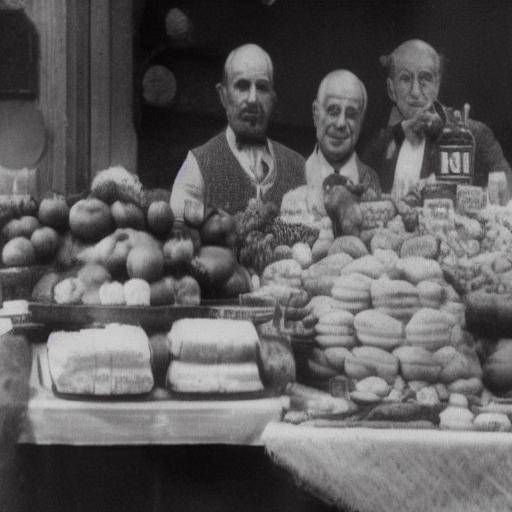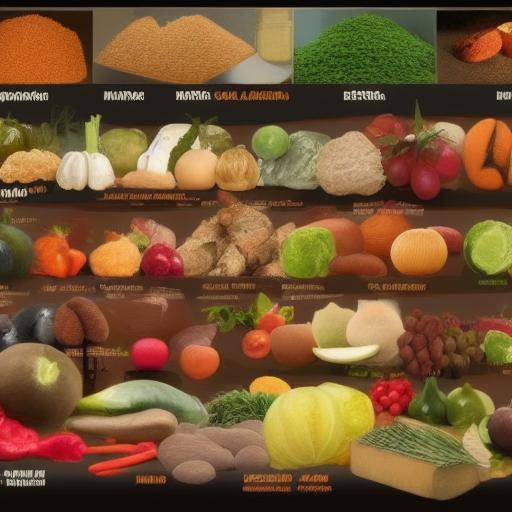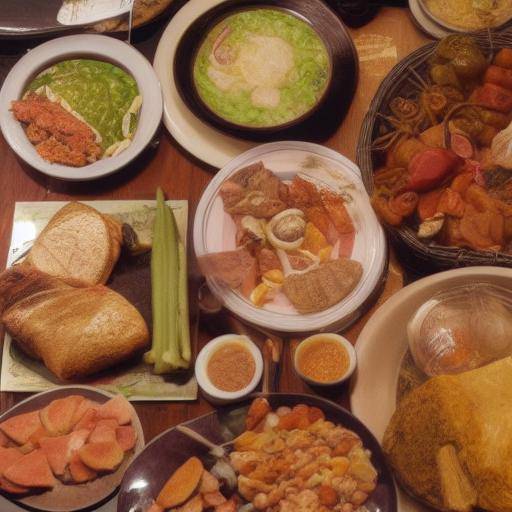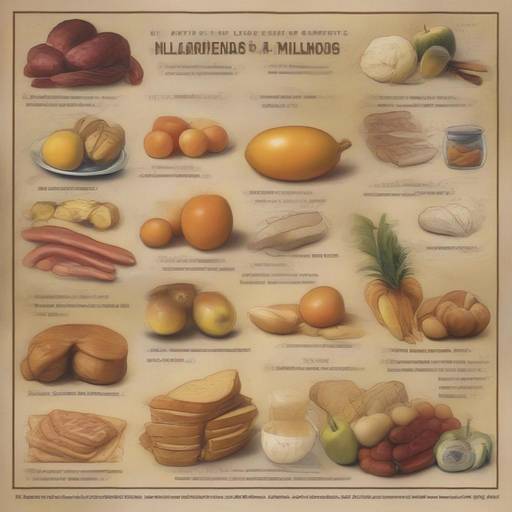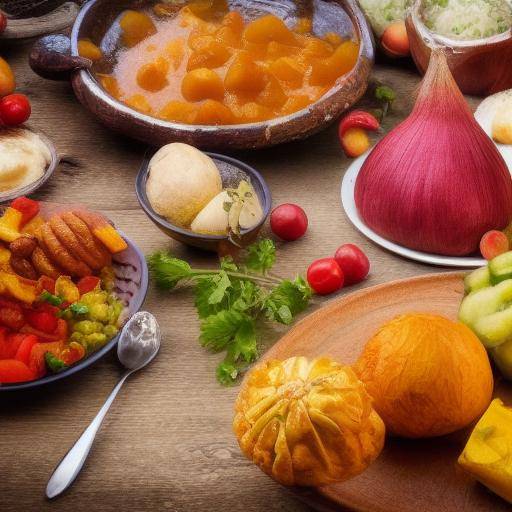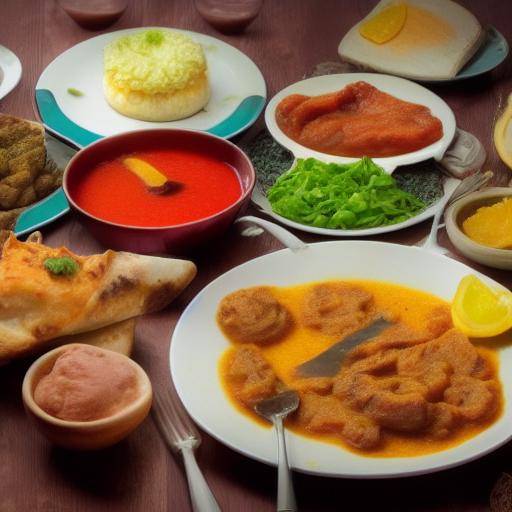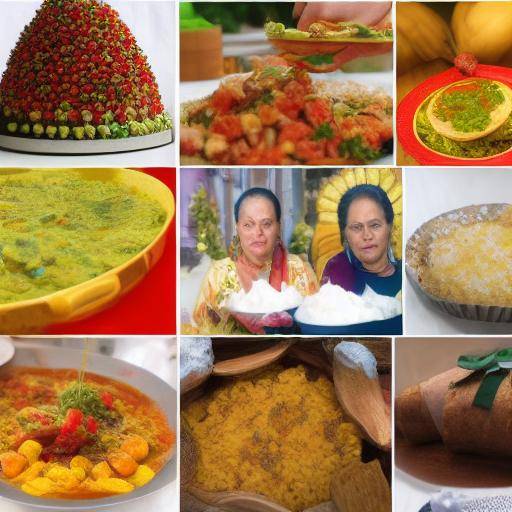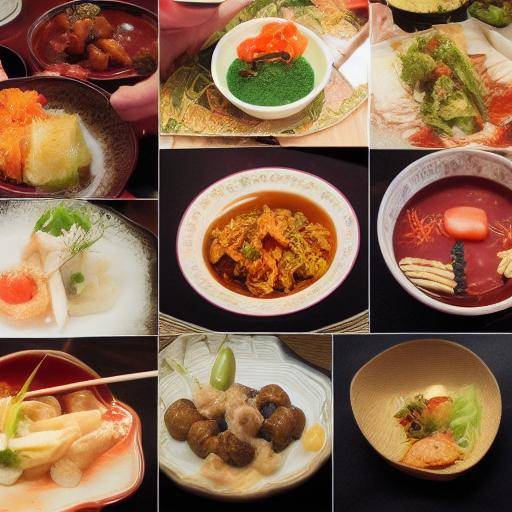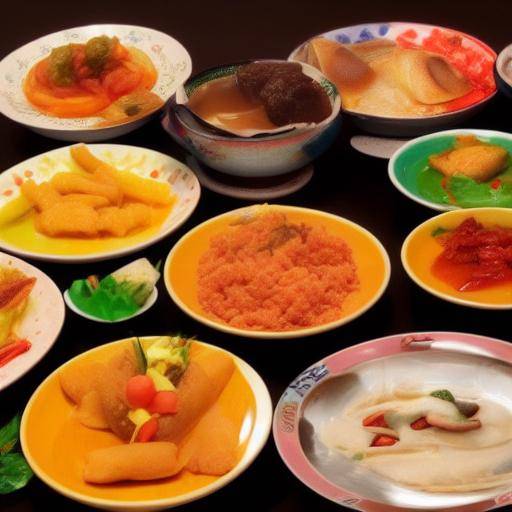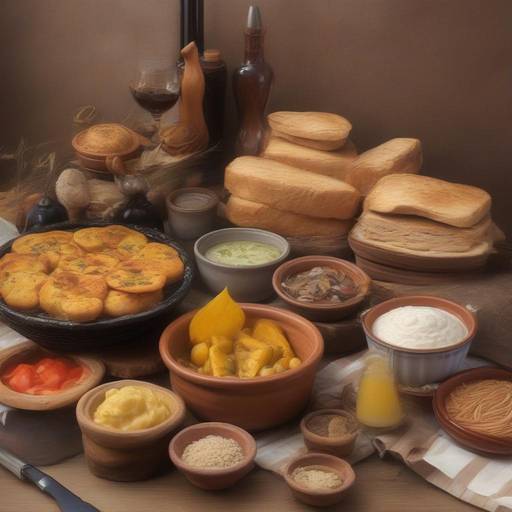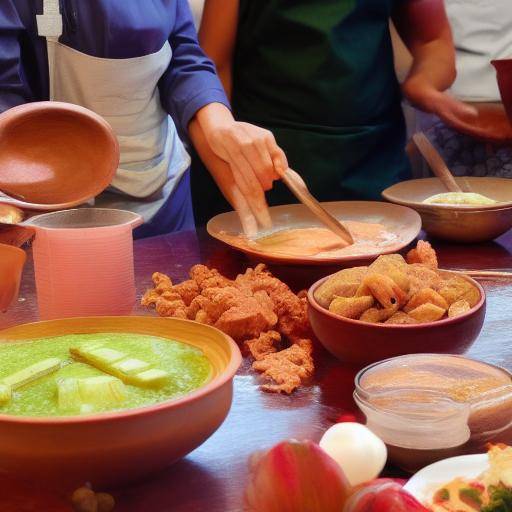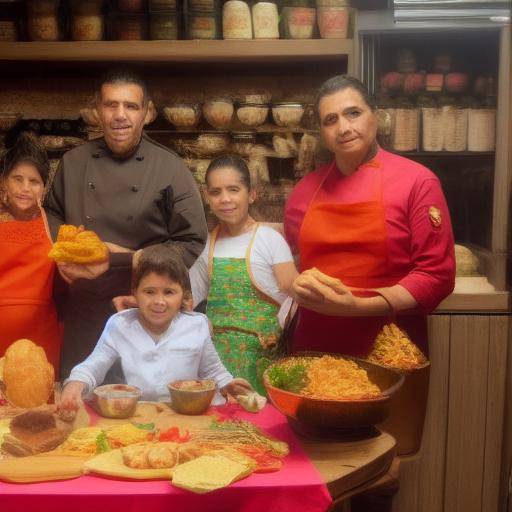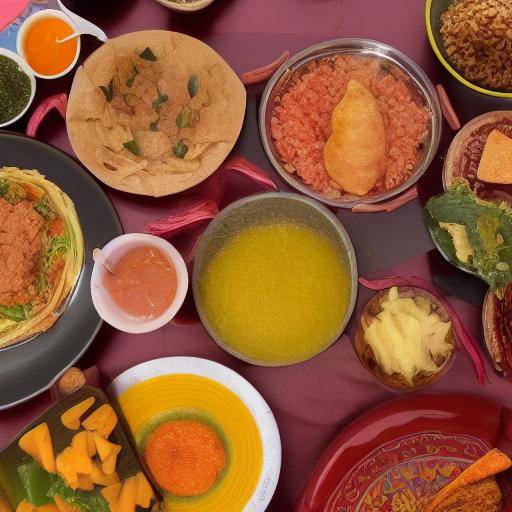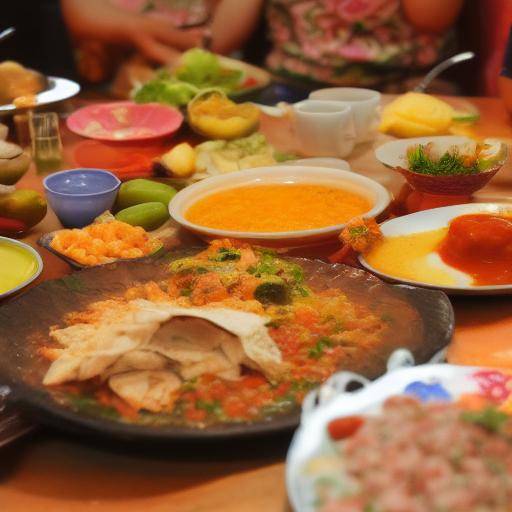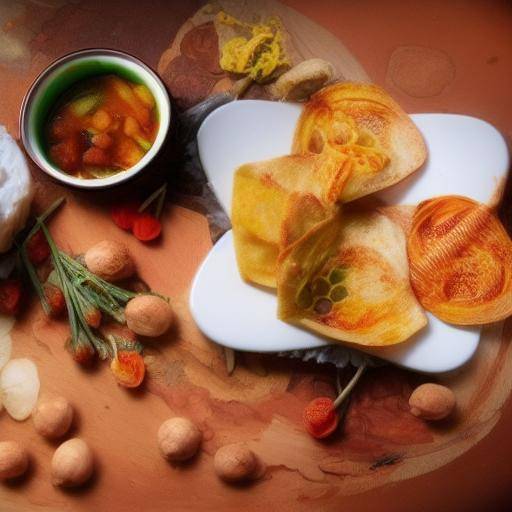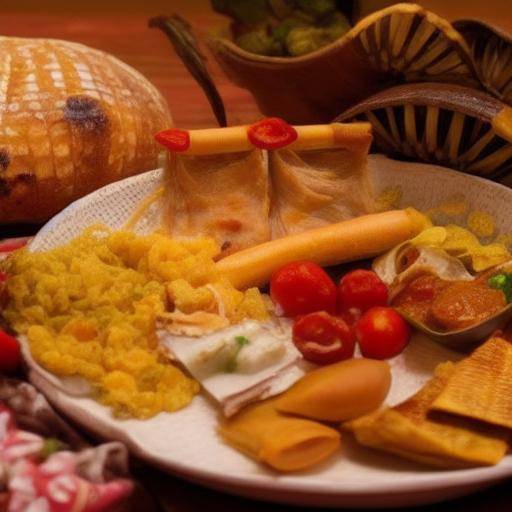
The Italian culture is distinguished by its rich culinary heritage, whose legacy has transcended borders and has influenced gastronomy worldwide. In this article, we will explore the culinary traditions rooted in Italian culture, the importance of food in Italian society and the evolution of its culinary practices over time. From pasta and pizza, to delicious desserts, we will discover the secrets that make Italian cuisine unique. Prepare for a sensory journey through the flavors, aromas and traditions that have shaped the culinary identity of Italy.
Introduction
Italy, cradle of renowned artists, impressive architecture and a rich history, also stands out for its contribution to world cuisine. Italian culinary traditions are not only appreciated for their exquisite taste, but also represent a vital link with the identity and way of life of the Italian people. In this article, we will explore in depth the culinary traditions rooted in Italian culture, its connection with society and how they have evolved over time.
History and Background
Italian culinary traditions have their roots in ancient times, influenced by various civilizations that occupied the region, from the Romans and Greeks to the Arabs and Normans. The introduction of ingredients such as wheat, olives, wine and exotic spices formed the basis of traditional Italian cuisine.
Over the centuries, Italy has been a crucible of gastronomic influences that have led to a diversity of unique regional dishes. Each region of Italy presents its own culinary specialties, reflecting the country's geographical and cultural diversity.
Deep analysis
Food is not only a matter of nutrition in Italian culture, but also plays a fundamental role in social and family life. Food is a central element in family meetings and expression of love and care for loved ones. In addition, Italian food has transcended cultural barriers to become a symbol of sophistication and refinement in the international gastronomic scene.
Quality food production is one of the distinctive features of Italian culinary culture. Meticulous attention to the selection of fresh and seasonal ingredients, as well as respect for traditional preparation techniques, reflect the commitment of Italians to gastronomic excellence.
Comprehensive review
The combination of tradition and innovation is an amazing feature of Italian culinary traditions. Although they remain faithful to their culinary roots, Italian chefs are also open to experimentation and the incorporation of contemporary influences in their creations. This synthesis of the old and the new has led to a dynamic and constantly evolving Italian cuisine.
The benefits of adopting Italian culinary traditions go beyond the enjoyment of delicious dishes. The Mediterranean diet, which is based on the fundamental principles of Italian cuisine, has been recognized for its positive health effects, especially with regard to the prevention of heart disease and the promotion of longevity.
Comparative analysis
By comparing Italian culinary traditions with other cuisines in the world, it is evident that Italy stands out for its focus on the simplicity and authenticity of the ingredients. While some cultures prioritize the complexity of the flavors, Italian cuisine celebrates the purity and honesty of its ingredients, allowing each individual taste to shine for itself.
Practical Tips and Accessible Recommendations
If you want to experience the essence of Italian culinary traditions, we recommend visiting the regions best known for their culinary specialties. From northern Italy, with its focus on meats and cheeses, to the south, known for its exquisite seafood and delicious desserts, each region offers a unique culinary experience worth exploring. When you meet local producers, visit the markets and attend traditional cooking classes, you can immerse yourself in the authenticity of Italian cuisine.
Perceptions and Opinions of Experts
According to culinary experts, Italian cuisine is distinguished by its ability to transform simple ingredients into extraordinary dishes through refined culinary techniques and an approach to quality. Italian chefs are known for their passion for the ingredients and their focus on highlighting the natural qualities of each component in their culinary creations.
Case Studies and Practical Applications
An outstanding example of innovation in Italian cuisine is the incorporation of modern techniques in the creation of traditional dishes. Some Italian restaurants have adopted innovative cooking methods without sacrificing the authenticity of the flavors, which demonstrates the ability of Italian cuisine to adapt to contemporary demands without losing its essence.
Future Trends and Predictions
As for future trends, Italian cuisine is expected to continue to be a dominant influence on the global culinary scene. With an approach to sustainability, transparency in the supply chain and the preservation of culinary traditions, Italy will remain a beacon of inspiration for lovers of good food around the world.
Conclusions and FAQs
In short, Italian culinary traditions represent a rich manifestation of love for food, family and life. Its influence on the global gastronomic landscape is undeniable, and its ability to evolve without losing its identity is proof of its continued relevance in the modern world.
Frequently asked questions
What is the most representative dish of Italian cuisine?
The pasta, in its various forms and preparations, is considered the most emblematic dish of Italian cuisine. From the spaghetti bolognese to the filling ravioli, pasta reflects the diversity and versatility of Italian cuisine.
What is the role of food in Italian culture?
Food plays a central role in the social and family life of Italians. Meals are moments to share, celebrate and strengthen family and community ties.
What factors contribute to the exceptional quality of the ingredients in Italian cuisine?
The Mediterranean climate of Italy, which favors crops such as olive trees, vines and a wide variety of vegetables, together with the careful selection of fresh and high quality ingredients, are determining factors in the excellence of Italian cuisine.
What aspect of the Mediterranean diet stands out as a health benefit?
The abundance of olive oil, fruits, vegetables, fish and legumes in the Mediterranean diet has been associated with cardiovascular health benefits and increased longevity.
How is regional diversity reflected in Italian cuisine?
Each region of Italy has a unique gastronomy, influenced by its geographical location, the availability of local ingredients and rooted culinary traditions.
What is the importance of preserving the Italian culinary traditions in the modern era?
The preservation of Italian culinary traditions not only ensures the continuity of ancestral culinary techniques, but also promotes the cultural identity and gastronomic heritage of the country.
With this, we have explored the culinary traditions in Italian culture from its historical beginnings to its influence today, revealing the importance of food in society and its continued evolution in the global gastronomic landscape.

